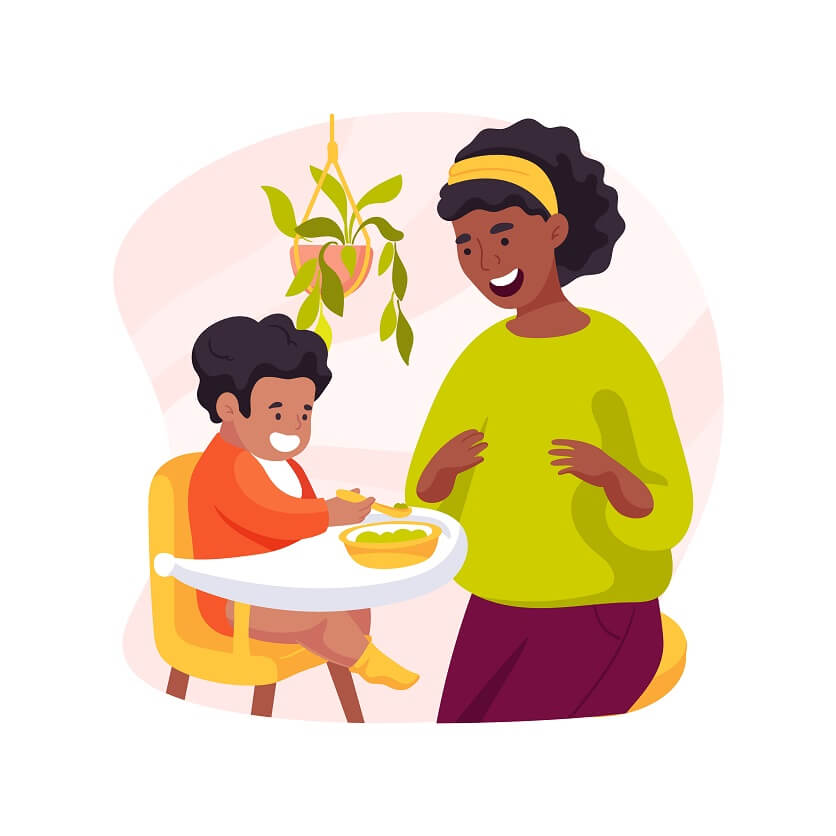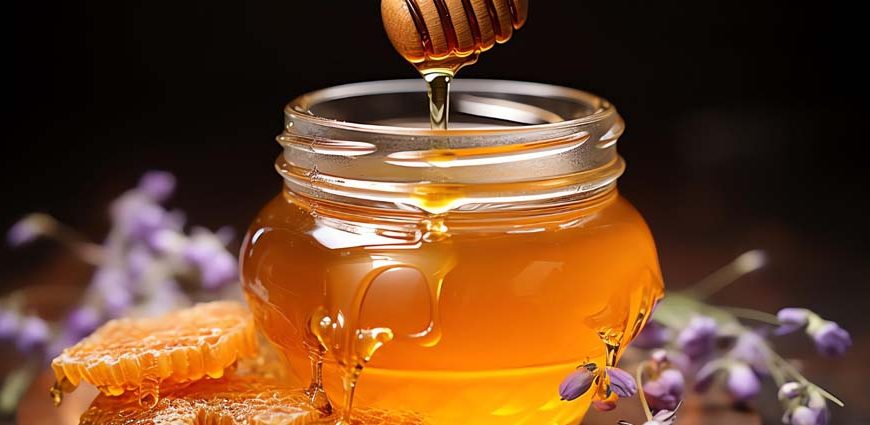Feeding toddlers can make for a task that sees you pulling your hair out at times. That food item your toddler declared to be the ‘best’ only last week, is suddenly ‘yucky’. Sudden changes like these can often cause parents to introspect deeper, with a view to finding out how they are getting those mealtimes sorely wrong.
Luckily for you, that process of introspection need not be futile. Here we have carefully compiled a list of the common mistakes you need to avoid, so as not to fall into any of those food parenting traps.
If that’s not enough, we top it off with a list of simple feeding solutions that throw light on how to feed food to toddlers.
Firstly, a look at the things you need to steer clear of while feeding your kids.
5 Mistakes to Avoid When Feeding Toddlers
There are some things you need to steer clear of, when feeding toddlers. Here’s a list of all the things you need to say ‘no’ to, when looking to cultivate healthy eating habits for toddlers.
#1. Staying at the table too long
In an age of diminishing attention spans, it’s only natural that toddlers will find their attention slipping after every 10-15 minutes in just about every activity they indulge in, eating included.
The Fix: Don’t necessarily drag out their mealtimes, insisting that they sit at the table for a fixed amount of time – like 30 minutes. Keep it short and sweet instead.
#2. Treating ‘Picky Eating’ as a Problem
‘Less is more’. Ever heard that? It’s not necessary that your child eat as much as you want them to. A lot of parents don’t realize that growth slows down considerably in the second year of life, leading to your child being ‘picky’ while eating.
The Fix: Don’t blame your children for being picky eaters. That will make mealtime more enjoyable, and end up with their eating more than they otherwise would.
#3. Imploring them to have ‘Just one More Bite’
You might be thinking, what could possibly be bad about forcing my child to eat just one more bite, right? The thing is, toddlers are excellent at regulating their appetite and insisting they have that extra bite can add unnecessary pressure on them.
The Fix: Respect their appetite. If they have eaten moderately well, that is.
#4. Filling up their Bellies too much, too fast
Did you know that your toddler’s tummy is about the size of a fist? A common mistake parents make is to allow their kids to drink milk and juice throughout the day, or even have heavy snacks between meals. These only serve to decrease appetite and intake at main meals.
The Fix: Cut down on snacks and limit that milk intake to less than 24 ounces. In the case of 100 percent fruit juice, it should be no more than 4-6 ounces per day.
#5. Placing ‘earning potential’ on food
The last thing you want to do is bribe your children into believing that they can ‘earn’ some foods they crave, if they eat others. You most certainly do not want to be placing labels of ‘good’ or ‘bad’ on food!
The Fix: Create a ‘food neutral’ environment, not allowing your children to place a ‘higher’ value on some foods as compared to others.
5 Simple Solutions for Feeding Toddlers
Now that we’ve seen the ‘don’ts’ of healthy eating habits for toddlers, it’s prudent to take a look at some effective feeding solutions.
- Encourage them to listen to their tummies
- Offer a wide range of foods
- Gain Control over the Food Choices.
- Give them small portions
- Give them healthy foods in the right proportions
You want your child to regulate their appetite on their own. That’s why it’s best you encourage them to watch out for those ‘hunger signs’.
In case they eat very little, you need to remind them when their next meal is, and ensure they eat well then. The last thing you want is to use ‘praise’ to get them to eat more.
Often, parents believe that the best way to tackle their child eating less, would be to give them ‘preferred foods’ that they know they will eat with absolute certainty.
You want to introduce new foods into their diets, promoting a toddler balanced diet. That will probably result in them having some ‘new preferred foods’, too!”
It’s pretty simple, really. Being an adult, it is ‘you’ who has to undertake the job of being responsible for the ‘what, when and where’ of feeding.
Your little ones can be responsible for the job of ‘whether and how much’ (as long as these are within reasonable limits, of course.) Without the undue pressure that stems from having these ‘jobs’ mixed up, children tend to eat better.
Giving your child small portions of food might be the best thing you did. Small portions work wonders because they are more readily accepted than their oversize counterparts, that might seem daunting to your little ones.
The generally accepted rule of thumb here is, one tablespoon of food for every year of age, with more offered according to appetite. When they see that not too much is being thrust on their plates, they will have plenty of those ‘small portions’.
As a parent, it is your duty to ensure that your child is eating healthy. You need to make sure you give them 3 regular meals, accompanied by 2 or 3 snacks, during the course of the day.
As far as snacking goes, you want to give them only ‘healthy’ snacks – like vegetable sticks, yogurt or whole-grain crackers with peanut butter.
Our team members at EuroKids have this shared belief – that a nutrient-rich diet is essential for the healthy development of your toddler. That being said, feeding your little one should be a pleasurable experience, too. Ensure you follow the tips and avoid the don’ts listed in this article, to have happy, healthy eaters at the dining table.











